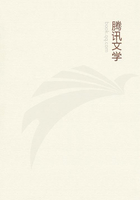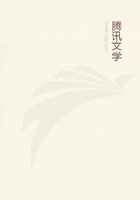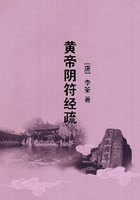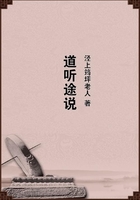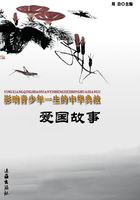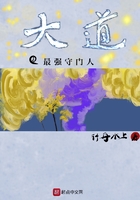Having in the last Lecture marked the distinction which really exists between the price of' labour and the amount of wages,I shall for the future consider every labouring family as consisting of the same number of persons, and exerting the samedegree of industry. On that supposition, the distinction between the price of labour and the amount of wages will be at anend; or rather, the only distinction will be, that the former expression designates the remuneration for each specificexertion: the latter, the aggregate of all those separate remunerations, as summed up at the end of each year. And thequestion to be answered will be, what are the causes which decide what in any given country, and at any given period, shallbe the quantity and quality of the commodities obtained by a labouring family during a year? The proximate cause appearsto me to be clear. The quantity and quality of the commodities obtained by each labouring family during a year, mustdepend on the quantity and quality of the commodities directly or indirectly appropriated during the year to the use of the.labouring population, compared with the number of labouring families (including under that term all those who depend ontheir own labour for subsistence); or, to speak more concisely, on the extent of the fund for the maintenance of labourers,compared with the number of labourers to be maintained. This proposition is so nearly self-evident, that if politicaleconomy were a new science, I should assume it without further remark. But I must warn you, that this proposition isinconsistent with opinions which are entitled to consideration, some from the .numberi and others from .the .authority. ofthose who maintain them.
First . It is inconsistent with the doctrine, that the rate of wages depends on the proportion which the number of labourersbeam to the amount of capital in a country. The word capital has been used in so many senses, that it is difficult to statethis doctrine precisely; but I know of no definition. of: that term which will not include many things that are not used by thelabouring classes; and if my proposition be correct, no increase or diminution of these things can directly affect wages. If aforeign merchant were to come to settle in this country, and bring with him a cargo of raw and manufactured silk, lace, anddiamonds, that cargo would increase the capital of the country; silks, lace, and diamonds, would become more abundant,and the enjoyments of those who use them would be increased; but the enjoyments of the labourers-would not be directlyincreased: indirectly, and consequentially, they might be increased. The silk might be re-exported in a manufactured state,and commodities for the use of labourers imported in return; and then, and not till then, wages would rise; but that risewould be occasioned, not by the first addition to the capital of the country, which was made in the form of silk, but by thesubstituted addition made in the form of commodities used by the labourer.
Secondly . It is inconsistent with the doctrine, that wages depend on the proportion borne by the number of labourers to therevenue of the society of which they are members. In the example last suggested, of the introduction of a new supply oflace or diamonds, the revenues of those who use lace or diamonds would be in, creased; but as wages are not spent onthose articles, they would remain unaltered. It is possible, indeed, to state cases in which the revenue of a large portion of acommunity might be increased, and yet the wages of the labourers might fall without an increase of their numbers. I willsuppose the principal trade of Ireland to be the raising produce for tile English market; and that for every two hundredacres ten families were employed in raising, on half the land, their own subsistence, and on the remainder corn and otherexportable crops requiring equal labour. Under such circumstances, if a demand should arise in the English market forcattle, butchers'-meat, and wool, instead of corn, it would be the interest of the Irish landlords and farmers to convert theirestates from arable into pasture. Instead of ten families for every two hundred acres, two might be sufficient: one to raisethe subsistence of the two, and the other to tend the cattle and sheep. The revenue of the landlords and the farmers wouldbe increased, but a large portion of the labourers would be thrown out of employment; a large portion of the land formerlyemployed in producing commodities for their use would be de. voted to the production of commodities for the use ofEngland; and the fund for the maintenance of Irish labour would fall, notwithstanding the increase of the revenue of thelandlords and farmers.
Thirdly . It is inconsistent with the prevalent opinion, that the non-residence' of landlords, funded proprietors, mortgagees,and other unproductive consumers, can be detrimental to the labouring inhabitants of a country that does not export rawproduce .


